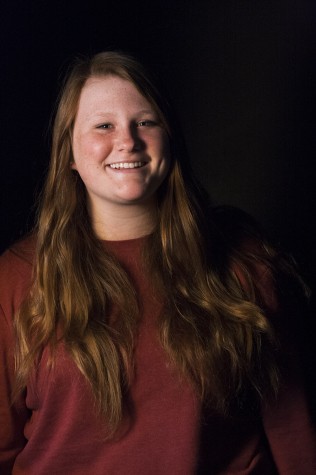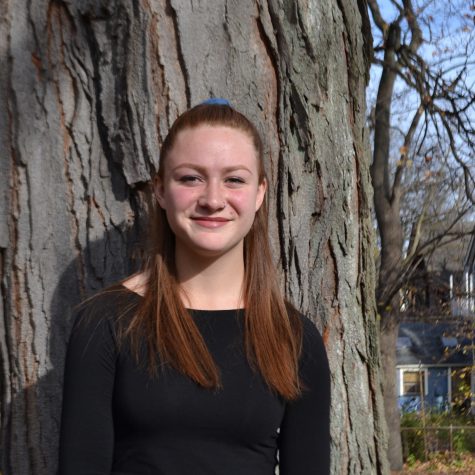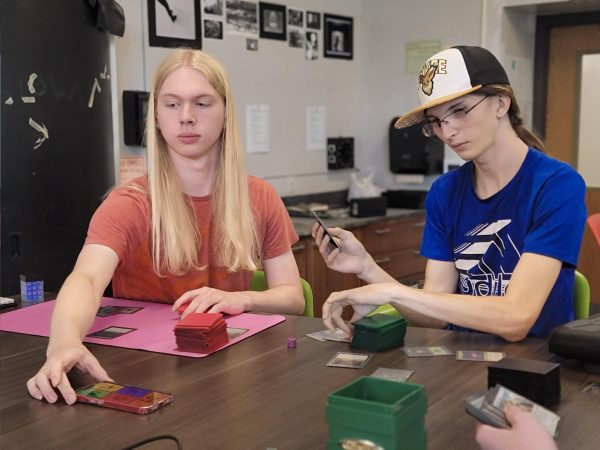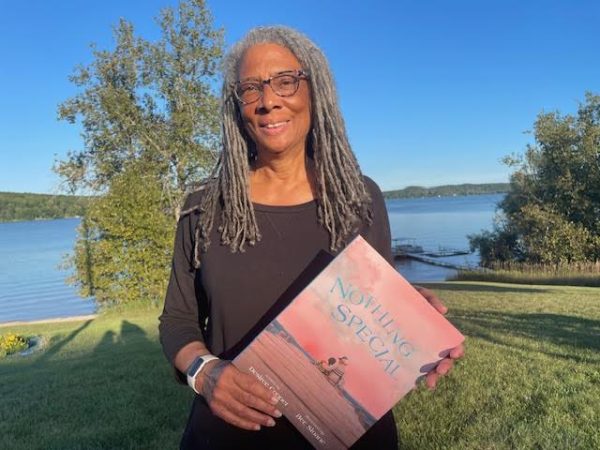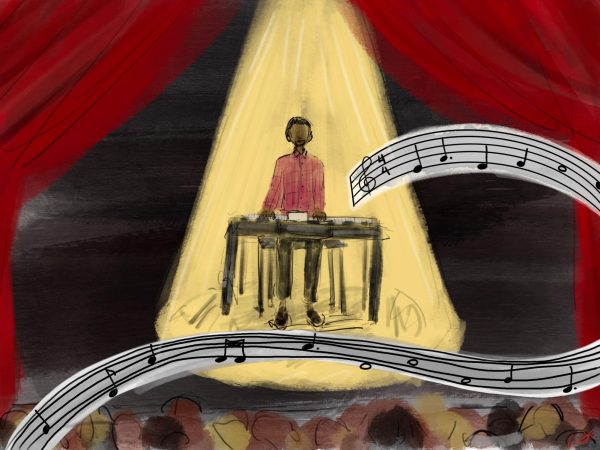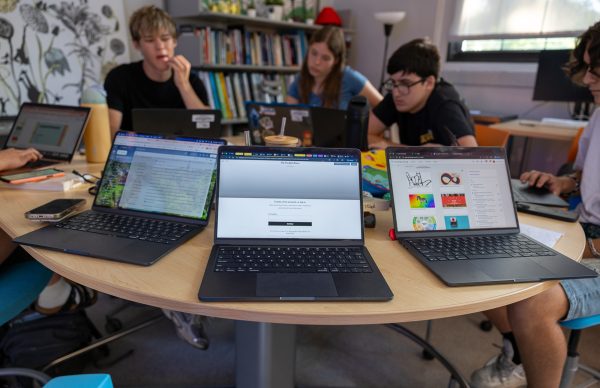Equal Means Equal Event

On Wednesday, Oct. 22, The Michigan Theater featured Kamala Lopez’s new documentary, Equal Means Equal. The film is about the inequality of the sexes in the United States, specifically focusing on domestic violence and sex trafficking. The Equal Means Equal event was the only time that parts of the film were shown before its release. After watching the film, there was a panel* of experts giving insights and opinions on the problems that the documentary focused on.
In the United States, the Equal Rights Amendment (ERA) was never passed. This means that women in the United States do not have equal rights under the law. About 96% of people in the United States believe that the ERA was passed or that all sexes do have equal rights. According to http://www.equalrightsamendment.org, “Without the ERA, women regularly and men occasionally have to fight long, expensive, and difficult legal battles in an effort to prove that their rights are equal to those of the other sex.” Having equal rights under the law would help millions of women in the United States be treated fairly in a court of law.
“We need something that will not change every few years, we need it to last generation to generation. That’s what the equal rights amendment would provide for women and girls,” Lopez said.
Domestic violence in the United States is everywhere. According to panelist Barbara A. Neiss-May, many people think of domestic violence as someone else’s problem and they do not realize that it is effecting people that they know everyday. In Washtenaw County, there are more than 1,700 reported cases of domestic violence each year and out of those cases, 250 convictions are made. The convicted abusers are sent to a batterers intervention clinic. Neiss-May had a chance to sit down with the head of one of these clinics and learned that about three out of these 1700 abusers change their abusive ways every year. “Washtenaw County is considered one of the most standard communities in addressing domestic violence and if this is the kind of outcome that we’re having, we need to work harder,” Niess-May said.
Human trafficking is the illegal movement of people, typically for the purposes of forced labor or commercial sexual exploitation. It is another massive problem in the United States. In fact, there are more slaves worldwide today than at any other time in history and they are being sold for less than ever. Victims of human trafficking in many cases do not self identify as victims. “Often they are unaware of the legal protections that are out there for them and frequently when they seek help or justice they do not get access to those legal protections,” panelist Elizabeth Donovan said.
There is a huge overlap between prostitution and human trafficking. When women are raped once, the rapist can be persecuted, but once they are raped multiple times and there is some exchange of money, they become a prostitute in the eyes of the law and are criminalized. When money is exchanged in cases of human trafficking, the woman is typically not seeing a single cent since the operation is much larger than they are. Also, many of the victims of human trafficking are underage, yet they are treated as adults in a court of law. When underage women are considered prostitutes, it is forgotten that they legally cannot give consent. “The underage woman cannot consent to have sex, so how can she consent to sell it?” Lopez said.
A main topic that the panelists at Equal Means Equal discussed is how ordinary people can help. According to the panelists, the first step is making more people aware of the situation. If women do not even realize that they do not have equal rights, then they clearly are not trying to change anything. By discussing these topics with friends and family, more people are becoming aware and will take a stand for what they believe in. Young people can also help by volunteering and donating to local shelters for sexual assault and domestic abuse such as the SafeHouse Center.
The SafeHouse Center for Washtenaw County is located in Ann Arbor, Michigan and is a safe place for victims of sexual assault and domestic violence. Budgets for centers for domestic abuse have recently been cut by tremendous amounts. These shelters are critically important to saving women’s lives. “Because of these budget cuts, 9,700 women every day are being turned away and 60% of them are forced to go back to a very unsafe situation,” Lopez said. It is not acceptable to be forcing women back into the arms of their abusers.
*The panel of experts included Kamala Lopez; filmmaker and award winning actress, Elizabeth Donovan; expert and teacher about human trafficking, Timothy R.B. Johnson, MD; a former professor of the diseases of women and professor of women’s studies, Pati McGraw, SPHR; human resources practitioner of over 30 years, and Barbara A. Niess-May; executive director of SafeHouse Center in Washtenaw County.
